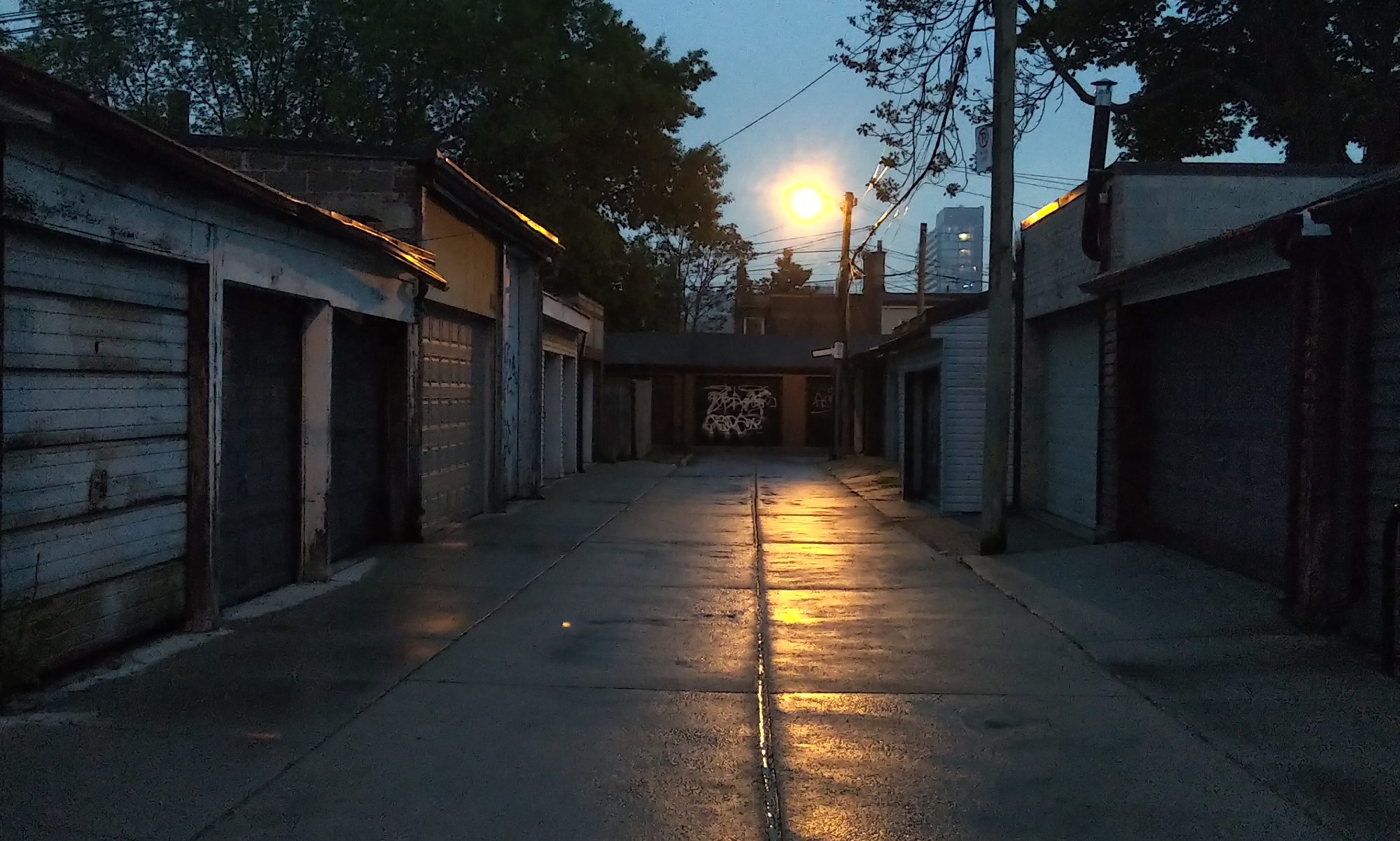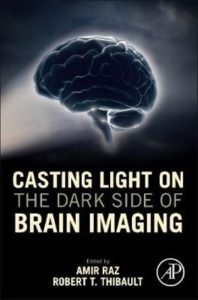####
I’m sometimes in the habit of cross-posting from this blog to my professional blog, but this time it’s the other way around. I think it fits.
####
The COVID-19 pandemic has laid bare the human face behind our central idea of how an economy works — something we have long needed reminding of, lest those of us who are able to pay our rents and leases become too comfortable with abstract terms such as “supply chains” and “stakeholders”. We are reminded that we are a society of interdependent people — individuals, families, communities — and it’s overdue that we see our economies the same: people require support when tragedy makes their livelihood untenable.
And just as the pandemic has made us humbly pause to consider the society we have constructed (or, if I am feeling cynical, we have allowed others to manage so long as it doesn’t affect our ability to pay too much for our livelihood), so too has the tragic, preventable deaths of George Floyd, and Breonna Taylor in the U.S. and in this country, Regis Korchinski-Paquet and Chantel Moore to name just two from each country in the last two months, forced us (and not without the persistence of the Black Lives Matter movement) to reckon with our society’s implicit racism and how that directly affects the lives (not just livelihoods) of Black and Indigenous individuals in particular.
We are reckoning not with the isolated actions of “a few bad apples” but with the concept of systemic racism, that is, when racist or white supremacist notions are baked into the very structure of certain communities, businesses, and government agencies. This is particularly evident within policing organizations.
I’ve previously written about the idea of social justice, and my own path from a place ignorance. There is a great sense of exhaustion I’ve heard from members of the BIPOC (that is, “Black, Indigenous, [and] People of Colour”) community. The exhaustion of having white friends and colleagues continually approach them to ask for resources to help them understand racism (imagine asking a victim of gun violence to help explain the problems with firearms licensing). The exhaustion that comes with wondering whether this will be yet another blip of media interest in which hopes are raised only to be let down.
A different world is possible, but the time is past due for white folk like myself to do the heavy lifting, to seek out and reference the many (many) resources out there already written by the BIPOC community that will help people like me contextualize and understand how racism is systemic, and — just as importantly — to help others like me better understand this situation. As a therapist and active member of society it’s the least I can do.
For anyone who is curious, here are some resources I have no hesitation recommending:
Between the World and Me, by Ta-Nehisi Coates (book)
Black on Bay Street, by Hadiya Roderique (Globe and Mail essay)
The New York Times’ 1619 Project
The Inconvenient Indian, by Thomas King (book)
A last thought for you: there are no slow news days, only barriers to other peoples’ experience.


